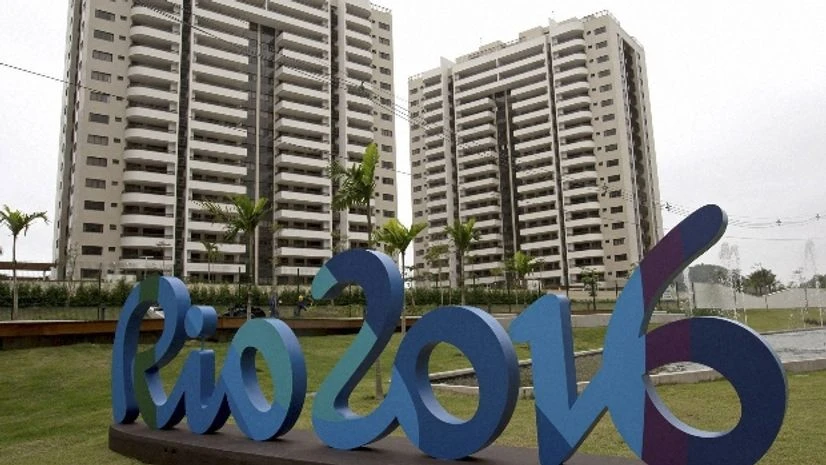Less than a week before the opening of the Olympics, IOC leaders will meet in Rio de Janeiro this weekend to review the final preparations for the games and deal with the fallout from the doping scandal that has led to the exclusion of more than 100 Russian athletes.
The International Olympic Committee's ruling executive board opens a two-day meeting on Saturday, its last formal gathering before next Friday night's opening ceremony at the Maracana stadium.
The meeting comes less than a week after the IOC board decided not to ban Russia's entire team from the games because of state-sponsored doping. Rejecting calls by more than a dozen anti-doping agencies for a complete ban on Russia, the IOC left it to individual sports federations to vet which athletes could compete or not.
More From This Section
More than 100, however, have been barred, including the track and field team banned by the IAAF and more than 30 other athletes rejected under new IOC eligibility criteria.
Russia's eight-member weightlifting team was kicked out of the games on Friday for what the international federation called "extremely shocking" doping results that brought the sport into "disrepute."
The IOC has been roundly criticized by anti-doping bodies, athletes groups and Western media for not imposing a total ban on Russia. Pressure for the full sanction followed a WADA report by Canadian lawyer Richard McLaren that accused Russia's sports ministry of overseeing a vast doping conspiracy involving the country's summer and winter sports athletes.
Bach has defended the decision as protecting individual athletes from collective punishment.
"This is a decision we just had the opportunity to discuss with some athletes," Bach said in Rio. "I think the general feeling is that it is appreciated that, on the one hand, we are sanctioning a (doping) system, but on the other hand we have given athletes, who were not part of the system the opportunity to demonstrate this and then to be allowed to take part in the Olympic Games."
Rio's preparations, meanwhile, remain clouded on several fronts, including budget cuts, raw sewage that pollutes the sites of rowing, sailing, canoeing, open water swimming and triathlon, slow ticket sales, and concerns over crime and the Zika virus. The games come with the president awaiting an impeachment trial and the country gripped by a severe recession.
The Australians and at least eight other Olympic teams complained this week about their accommodations in the athletes' village, citing plumbing leaks, electrical faults and dirty conditions. On Friday, Australian athletes and staff had to be evacuated from their building after a small fire broke out in the basement. They returned safely after about 20 minutes.
Bach remains publicly upbeat.
"In the end you will see a fantastic Olympic Village and great games," he said. "The Brazilians will overwhelm all of us with their passion, with their joy of life, their great hospitality, and with their energy."
The full IOC will hold a three-day session next week, starting Tuesday. A top item on the agenda is Wednesday's vote on a recommendation to add five sports to the program of the 2020 Tokyo Olympics — baseball/softball, surfing, karate, skate boarding and sport climbing.
The proposed sports — backed by the executive board and to be voted on as a package — would add 18 events and 474 athletes to the program.
An IOC program commission report released on Friday said the five sports are a blend of the traditional and emerging, youth-focused events, and all have international and local appeal.

)
